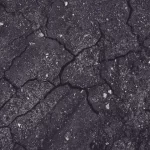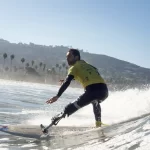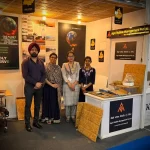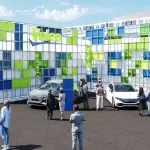(ref. BAP-2020-129)
Responsibilities
Several single-cell analysis methods have been developed to obtain multi-dimensional insights into the cellular composition of a tumor in its original spatial context. In our group, we are currently installing a technology platform for multiplex tissue analysis using immunohistochemistry, which is available to academic and industrial researchers. In this platform, we are at the moment putting major efforts to analyze hundreds of tissue samples from a wide variety of cancer types, including melanoma, brain tumors, lymphoma, kidney, lung and breast cancer. Because these efforts are generating enormous amounts of data that require more profound analysis, we are expanding our bioinformatics team to deal with a multitude of challenges that still require significant amounts of method development. This includes the development of novel algorithms for image (pre)processing, efficiently define and identify millions of single cells and their complex interactions in the spatial context of the tissue, and eventually link these features to clinical parameters, such as responses to therapy. To achieve this goal, state-of-the-art methods for machine/deep learning and/or artificial intelligence need to be installed. Clinical/pathological data interpretation will be done in close collaboration with the involved molecular biologists, clinicians and pathologists to ensure validity of all conclusions.





